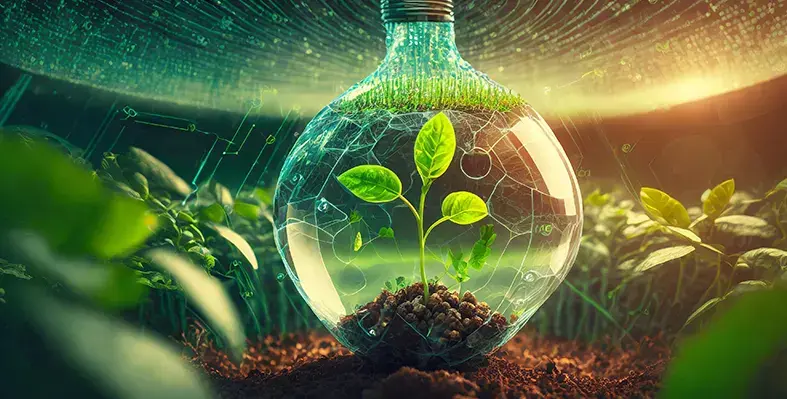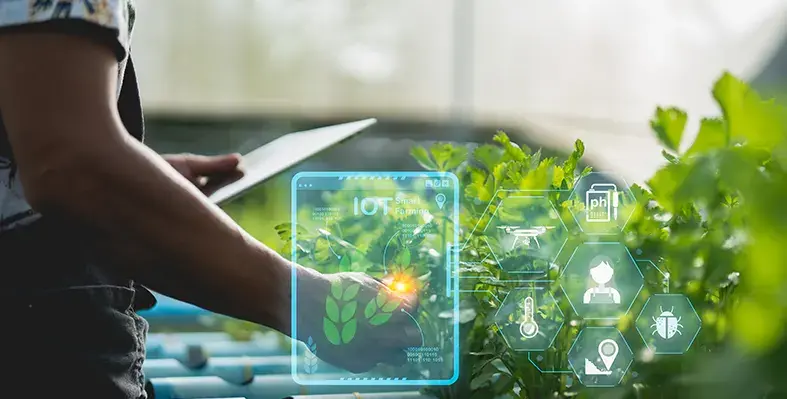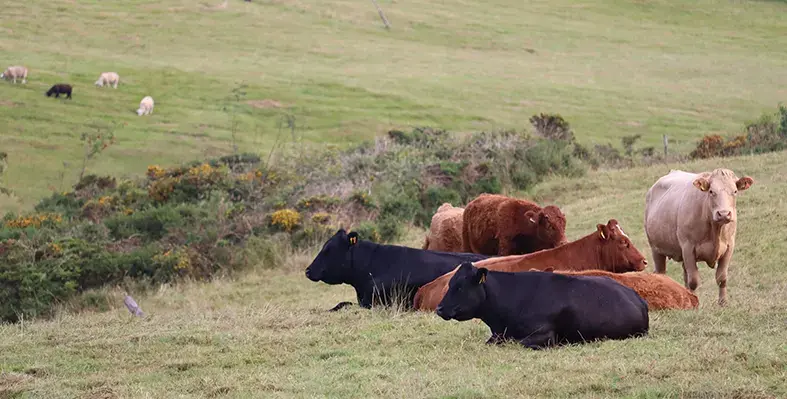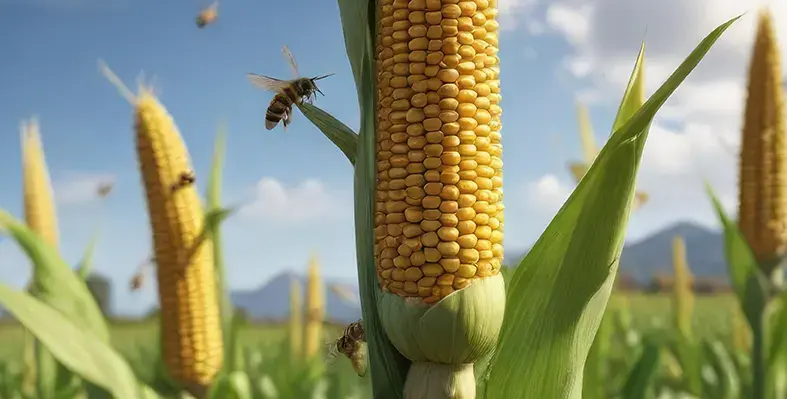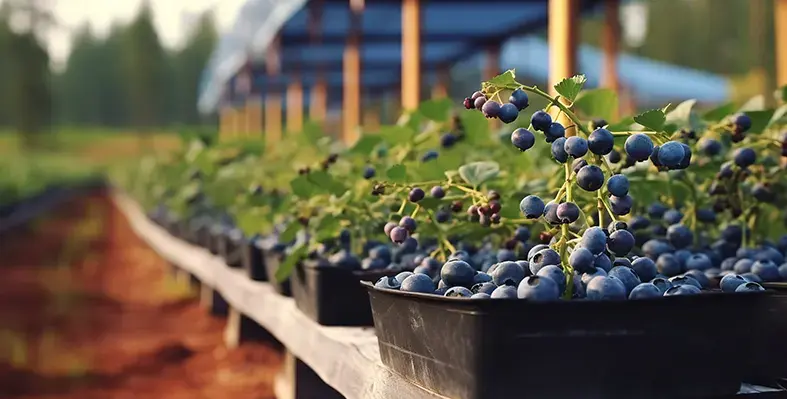China is stepping up its efforts in crop breeding and seed variety regulation in order to improve agricultural resilience, productivity, and innovation
On 29 August, the Seed Industry Management Department of the Ministry of Agriculture and Rural Affairs (MARA), together with its Science & Technology Development Centre and related bodies, held a national conference in Chongqing to address these issues. New crop varieties have already been introduced, including drought‑ and disease‑resistant wheat, machine‑harvestable corn, and high‑oil, high‑protein soybeans.
However, MARA identified problems such as imitative breeding and variety homogenisation-where many seed varieties are too similar and offer little distinct benefit. To tackle this, MARA called for “targeted and robust measures” to eliminate imitation, encourage genuine innovation, and remove seed varieties that lack market value. A variety management action plan is in place, aiming to improve germplasm utilisation, speed up breeding innovation, tighten trial and approval procedures, phase out underperforming varieties, and strengthen protection of plant variety rights. The plan aims to reduce “inflation” in approved varieties and seriously address variety homogenisation within three years.
At the same meeting, China unveiled the National Crop Germplasm Resources Management and Sharing Platform, a digital tool that gives access to over 300,000 germplasm resources across 26 crops like rice, maize, soybean, wheat and vegetables. The platform provides information about access paths, supplying institutions, and sharing status, helping breeders and researchers find and use these materials more efficiently. MARA said it will work to improve the platform's search functions and accelerate exchange of high‑quality resources.
Implementation is expected to involve stronger coordination between national and provincial agencies, clear deadlines, and concrete measures. MARA emphasises that the action plan must be carried out in a “checklist‑based, closed‑loop manner” to ensure all tasks are completed and deliver tangible results.
Together, these efforts represent China’s resolve to modernize its seed sector, support original innovation, and ensure variety offerings are meaningful and useful. With stricter regulation, enhanced breeding innovation and better use of germplasm, China hopes to dramatically improve how new seed varieties are developed, approved, and supplied to farmers.



